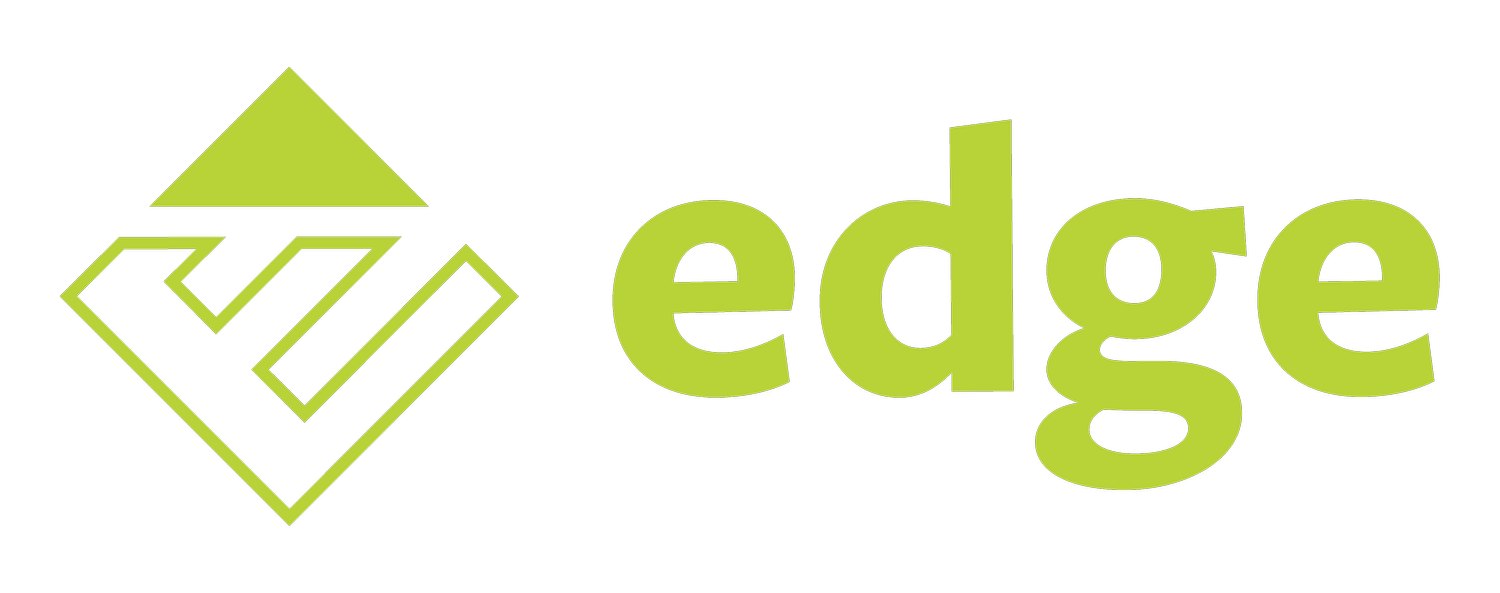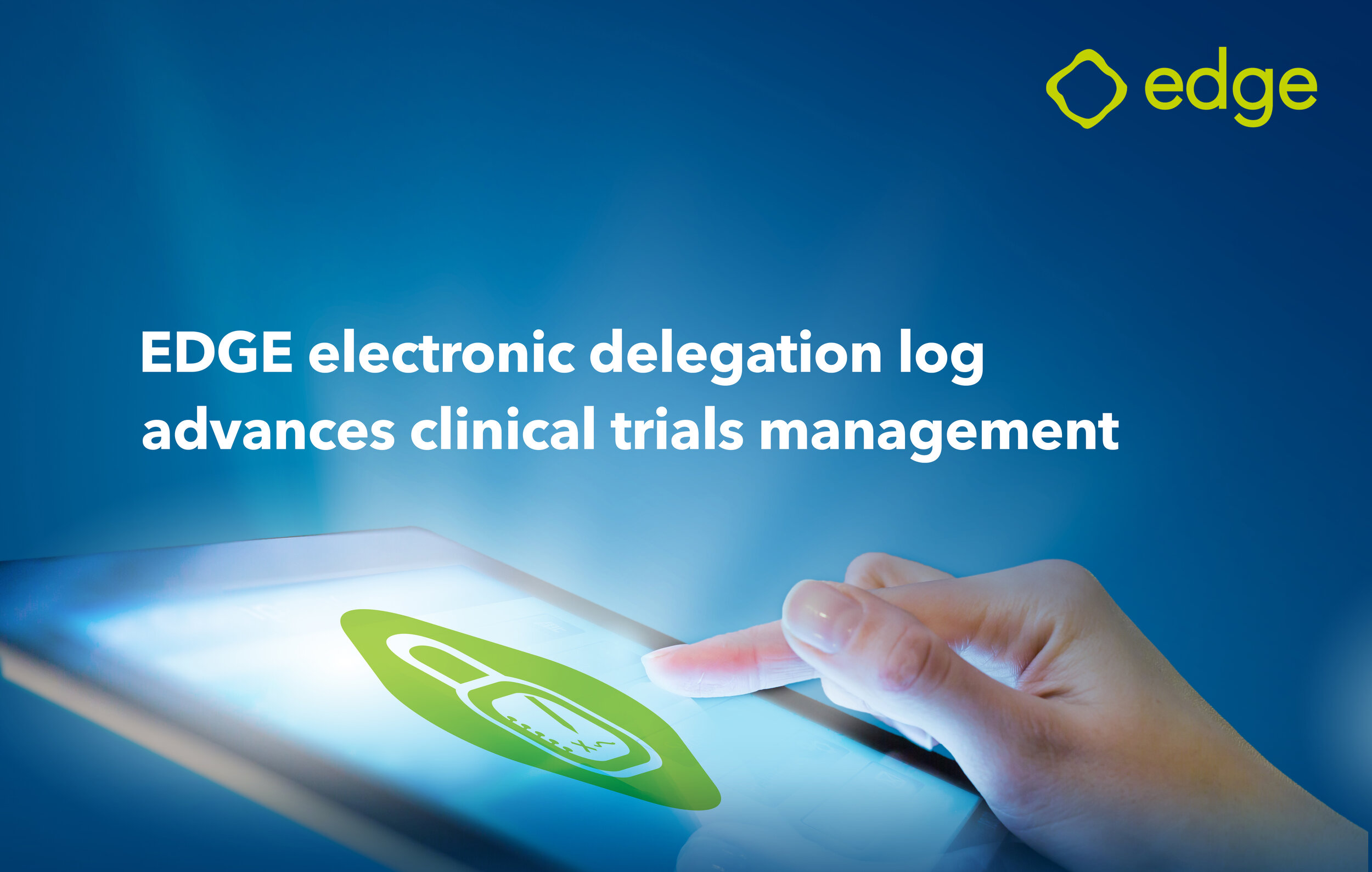CIRU & COVID-19
Summary on projects related to the pandemic
CIRU was involved in several projects related to COVID-19 which resulted in The Commonwealth Innovation listing the University of Southampton (UoS) as experts in relation to the coronavirus and included some of our team members as leading experts. More details on how our department contributed towards COVID-19 research and provided support is shared below:
The EDGE Programme: The EDGE Knowledge team worked closely with hospitals across the UK and abroad to support them in managing their research portfolio and specifically COVID-19 research. A large number of trials were suspended whilst hospitals re-organised the delivery of their services, ensuring research continues to be delivered safely. The impact COVID-19 has had on the ability of everyone to safely carry out their role in research led to numerous requests to the team to support and develop functions, including remote monitoring, which gave a great deal of support to EDGE users throughout the pandemic.
COVID-19 Saliva Testing Programme: Members of CIRU including the Head of Development David Miller, Data Analyst Pat Oxford, KITE’s Programmer Bart Feenstra, as well as our Director, Professor James Batchelor, worked on a COVID-19 Saliva Testing Programme along with other UoS staff and colleagues from University Hospitals Southampton NHS Foundation Trust (UHS). CIRU’s involvement included the build of the online test registration site for participants, data visualization, as well as programme reporting. The programme has involved tens of thousands of participants and won the VC Public Good award.
RESIN - Research Investments in Global Health Service: Dr Michael Head, Senior Research Fellow in Global Health from our RESIN team, provided significant expert commentary to the general public throughout the pandemic. He was interviewed on numerous local and national news, including several interviews with the BBC, as well as on international TV and radio stations. Dr Head’s written quotes appeared in all the major UK newspapers and hundreds of international media articles. Through the Research Investments in Global Health study, Dr Head and colleagues have generated data on historical levels of coronavirus R&D funding. This data has been presented at WHO headquarters in Geneva and incorporated into a scientific paper that was later published. More info on RESIN’s contribution can be found here.
CORE - Clinical On-demand Research: The CORE team completed a COVID-19 POC observational study using ALEA eCRF, in which they record lots of data such as medical history, medications, bloods, vital signs, NEWS2 score, screening for 20 odd pathogens (QIAstat) and recording what treatment patients have been given and length of stay, with particular interest in affected health workers.
AXIS - Access Extract Integrate Safe Data: The AXIS team worked alongside colleagues from UHS to meet the need of integrating more technology-based solutions to share data and insights to help solve the global challenge. The teams worked on data integration and analysed real-time clinical information in order to understand high level clinical risk stratification and monitor the progression in COVID-19 patients.
The Commonwealth Centre for Digital Health: The team of Digital Health Fellows from Sri Lanka who form part of the Commonwealth Centre for Digital Health, along with CIRU Director Professor James Batchelor and Professor Jo Nurse, launched an online platform where digital health solutions can be re-used and offer support during the crisis. It also helped to form better collaborations among digital health solution partners and other agencies.






